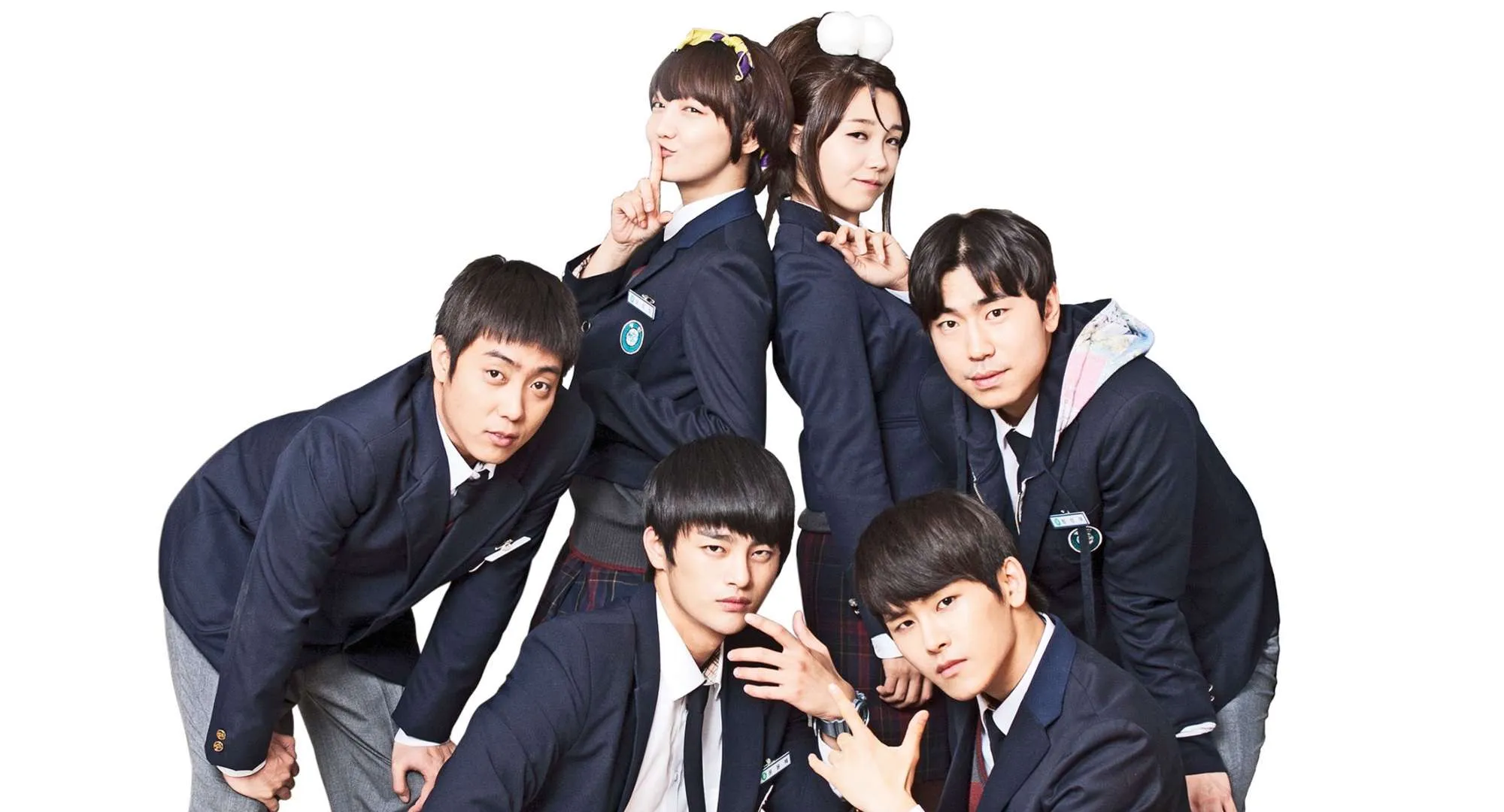South Korea boasts a diverse economy and a thriving job market, with opportunities spanning various industries and sectors. For that, here are some of the most popular Korean jobs today. This will also feature the roles that attract a large number of applicants and contribute significantly to the country’s workforce.
Introduction to South Korea’s Job Landscape
South Korea’s job market is characterized by its dynamism and competitiveness, fueled by a highly educated workforce and a strong emphasis on innovation and technological advancement. From traditional industries like manufacturing and finance to emerging sectors such as technology and entertainment, South Korea offers a wide range of employment opportunities to its citizens and residents.
Technology and IT Professionals
With South Korea’s reputation as a global leader in technology and innovation, jobs in the technology and IT sector are highly sought after. Roles such as software developers, data analysts, and cybersecurity experts are in high demand, driven by the country’s thriving tech ecosystem and the need for skilled professionals to drive digital transformation and innovation across industries.
Healthcare Professionals
The healthcare industry is another popular sector for employment in South Korea, given the country’s robust healthcare infrastructure and aging population. Healthcare professionals such as doctors, nurses, pharmacists, and medical researchers are in high demand, with opportunities available in hospitals, clinics, pharmaceutical companies, and research institutions.
Education and Academia
Education is highly valued in South Korean society, leading to a strong demand for educators and academic professionals. Teaching positions at schools, universities, and language academies (hagwons) are popular among both domestic and foreign workers.
In addition to that, Korean jobs in educational administration, curriculum development, and academic research offer opportunities for career advancement and professional growth.
Finance and Banking
South Korea’s finance and banking sector is a key driver of the country’s economy, offering a wide range of employment opportunities in areas such as banking, investment, insurance, and financial services. Roles such as bankers, financial analysts, investment managers, and insurance agents are popular choices for those seeking careers in finance and banking.
Manufacturing and Engineering
And finally, manufacturing has long been a cornerstone of South Korea’s economy. In fact, the country has been home to major global companies in industries such as automotive, electronics, and shipbuilding.
Jobs in manufacturing and engineering, including roles in production, engineering, quality control, and research and development, remain popular choices for skilled workers seeking stable and rewarding careers. By staying informed, people can capitalize on the abundant job opportunities available in South Korea and build rewarding careers in the country’s dynamic and vibrant job market.


